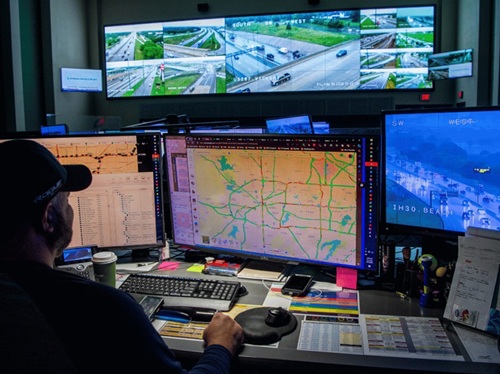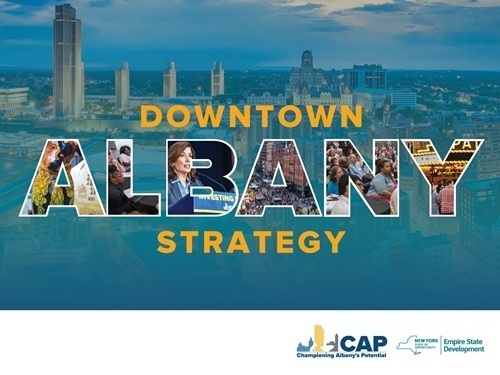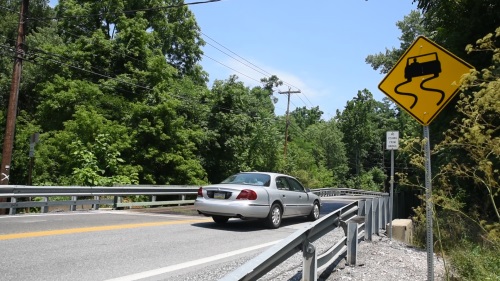The Northwest Commission, which serves a five-county region on Pennsylvania, launched an online survey on Jan. 28 to gauge public input and opinion as part of its regional long-range transportation plan or LRTP, due to be completed by the end of 2019.
[Above photo by the Pennsylvania DOT.]
The Commission said that the LRTP serves as a 20-year “blueprint” for state and federal transportation investments in its five-county area of responsibility. Annually, those investments total approximately $56.6 million in state and federal funds, it noted.
“The survey provides an excellent opportunity for the public to provide input into the process in a user-friendly and convenient way,” noted Travis Siegel, regional planning manager at the Northwest Commission, in a statement.

“We’re seeking to engage all users of our transportation system: students, workers, seniors, business owners, and tourists,” he added. “By working together to define what our specific planning needs are, we can begin drafting the policies and identifying the projects we need to improve the region’s mobility and economic development potential.”
The online survey – available at http://NW-LRTP.metroquest.com – is interactive and participants are able to offer feedback on regional transportation priorities and suggested project needs through use of an interactive map.
The LRTP that develops in part from data gleaned from this survey will include an “investment plan” that includes potential projects to be considered by the Commission and the Pennsylvania Department of Transportation as additional funding becomes available.

The Commission added that it is leading the update of the transportation plan, in cooperation with PennDOT and technical consulting assistance from Michael Baker International, Inc. It is being guided by a project advisory committee consisting of representatives from the region’s five counties, the Oil Region Alliance, and the Crawford Area Transit Authority.
“This process is a regional conversation and an important opportunity for those who live and work within the region to discuss how we want to address transportation and traffic issues over the long-term,” Siegel said. “We all have a stake in those decisions, for our own future and economic competitiveness.”
 States
States
TxDOT Updates Artificial Intelligence Strategic Plan
February 27, 2026 States
States

